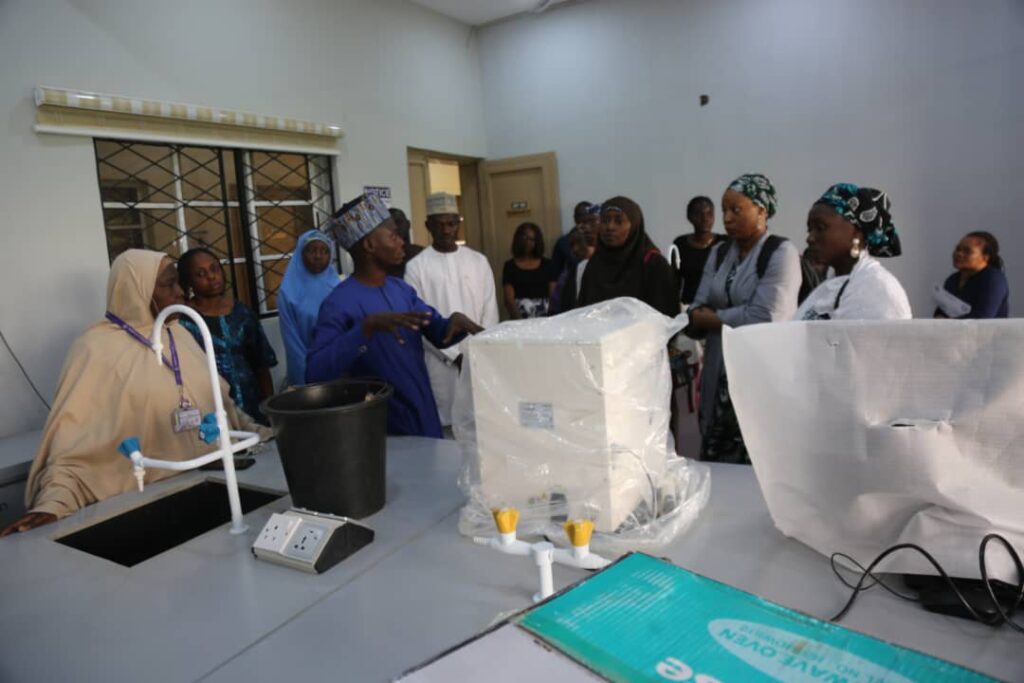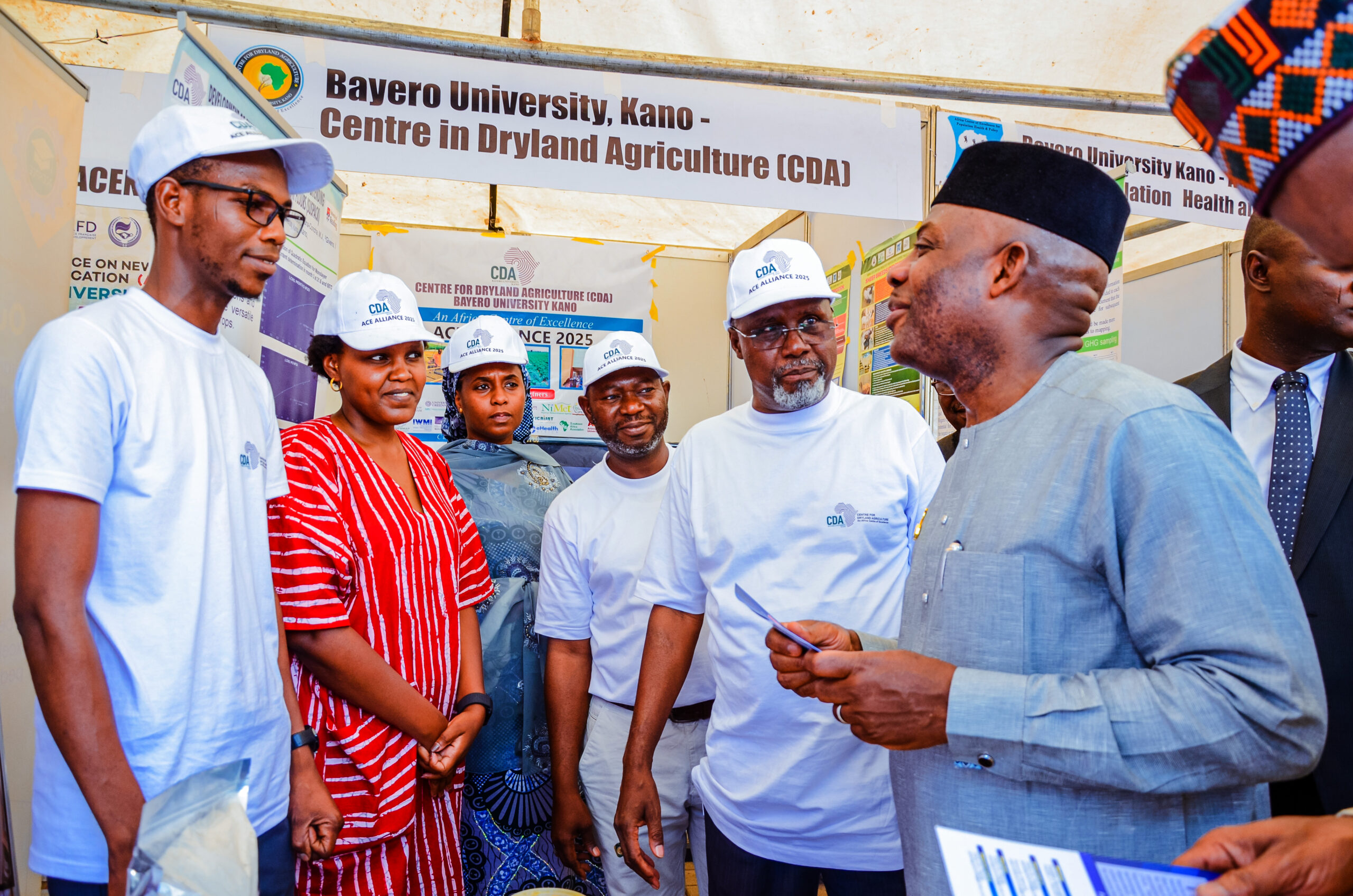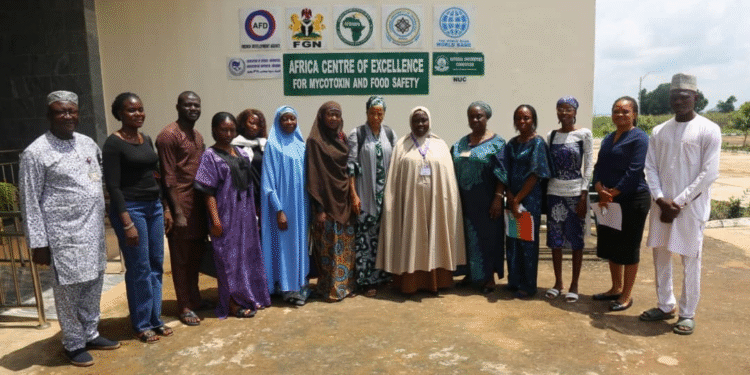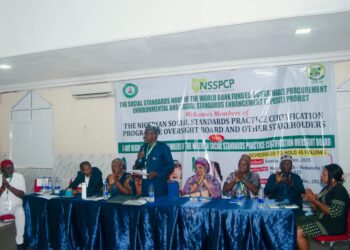By Lydia Legbo
As food safety continues to be one of humanity’s most critical challenges, the Africa Centre of Excellence for Mycotoxin and Food Safety (ACEMFS) at the Federal University of Technology, Minna, has reemphasised its commitment to research and expertise in tackling the issue.
At the recently concluded orientation programme for newly admitted Master’s and PhD students, which was held at the Centre, Centre Leader Prof. Hussaini A. Makun emphasised the importance of their academic pursuit, describing their decision to study food safety as a commitment to solving one of the world’s most pressing problems. “Choosing food safety means you are choosing to solve a major global challenge,” he said.

Deputy Centre Leader, Prof. Hadiza Lami Mohammed, also disclosed that the Centre, which is a World Bank-supported initiative in partnership with the Federal Government of Nigeria, offers Master’s and PhD programmes in Food Safety, Molecular Biology and Bioinformatics, and Toxicology. She added that the programmes are designed to strengthen research capacity and develop integrated approaches to preventing and controlling mycotoxins across the food value chain.
Prof. Mohammed highlighted a key change in the programme’s funding model, informing students that while previous students were fully sponsored by the World Bank, the new intakes will now self-finance their studies following the end of external sponsorship. For the current academic session, 30 students have been admitted, 10 for PhD and 20 for Master’s, with programme durations of six and three semesters respectively.
She assured students of access to experienced local and international Lecturers as well as modern research facilities to support their academic work.
During the orientation, various University officers addressed the students:
Prof. Yusuf Kabiru, SERVICOM Nodal Officer, emphasised the importance of student conduct and expectations on campus, encouraging students to wear their ID cards at all times and report any misconduct, theft, or cases of harassment.
Dr Fati Halilu, Director of University Health Services, advised students to register at the University clinic and avoid self-medication, stressing that health is a key to academic success.
Mal. Aliyu Waziri, Acting Chief Security Officer, spoke on safety, encouraging vigilance, responsible movement on campus, and immediate reporting of suspicious activity.
Mr Bigim Silas, Environmental and Social Safeguard Officer, provided an overview of the Centre’s facilities and emphasised proper use and maintenance to ensure a conducive learning environment.
Prof. Alexander I. Ajai, Academic Coordinator and Exam Officer, provided guidance on academic requirements and regulations, urging students to consult the student handbook for clarity.
Dr Eucharia Ezenwadiugwu, University Counsellor, encouraged students to seek counselling support when facing academic or personal challenges.
In closing, Prof. Hadiza Lami Mohammed thanked the resource persons for their valuable insights and commended the students for their attention. She later led the students on a guided tour of the Centre’s facilities.
The orientation served as both a welcome and a roadmap, preparing students for a rigorous academic journey focused on securing the future of food safety in Africa.
































